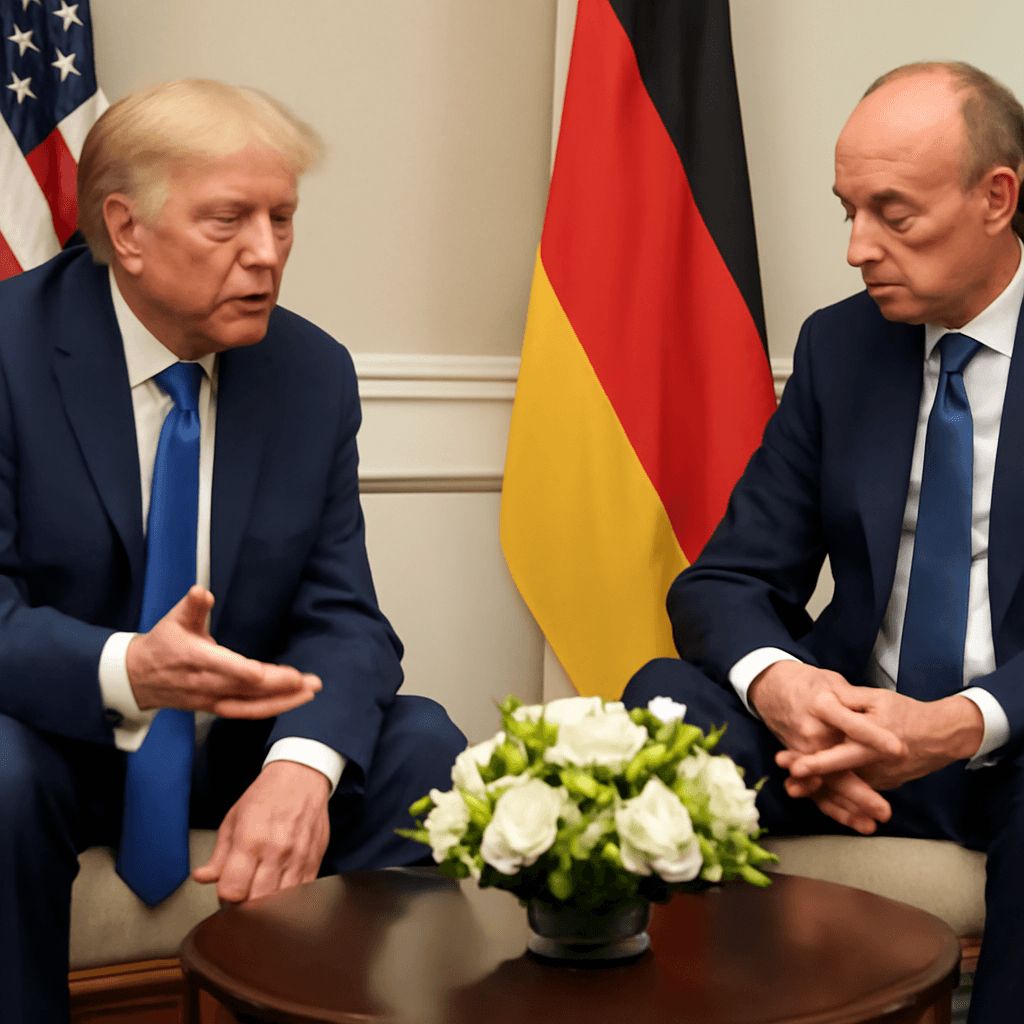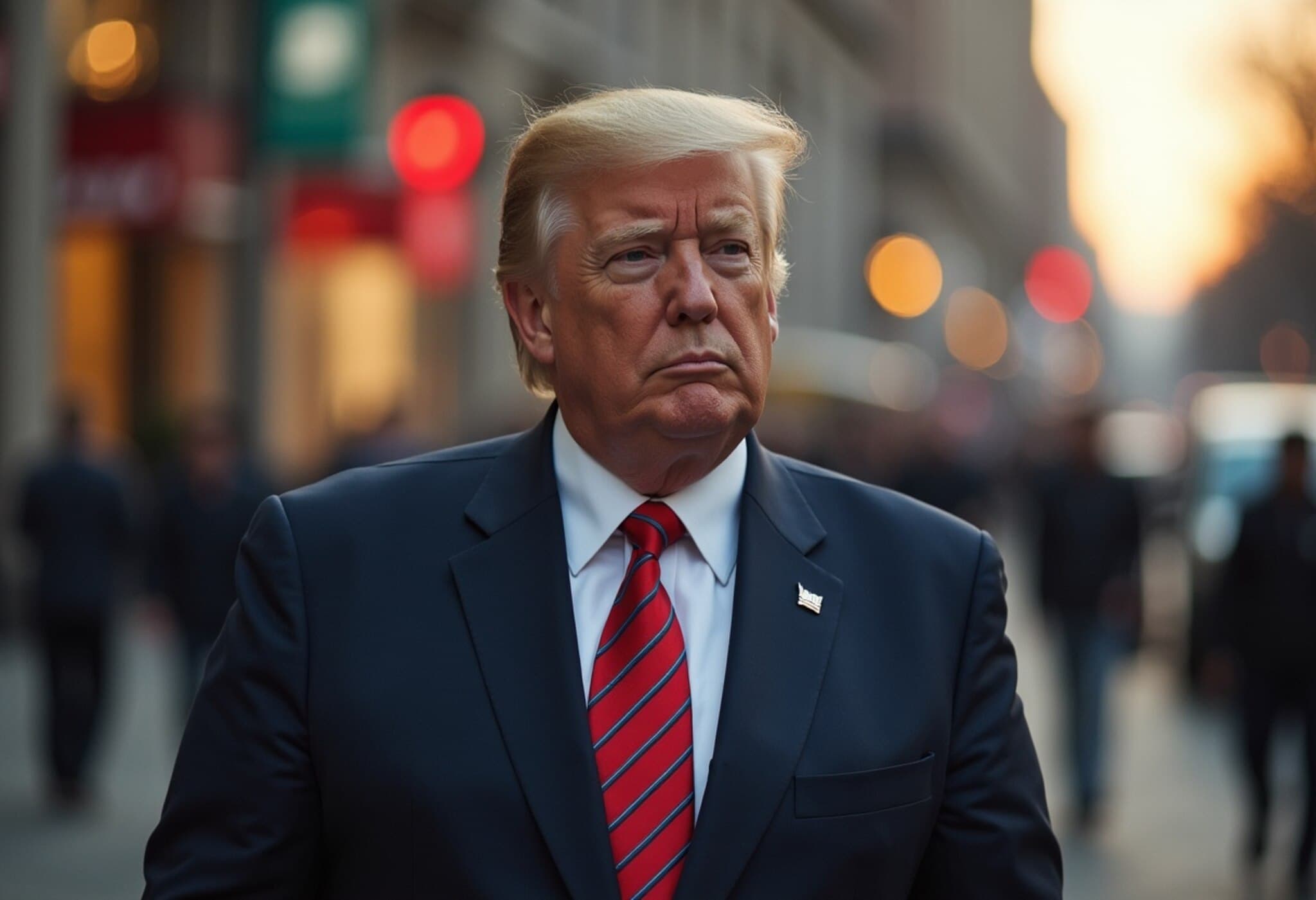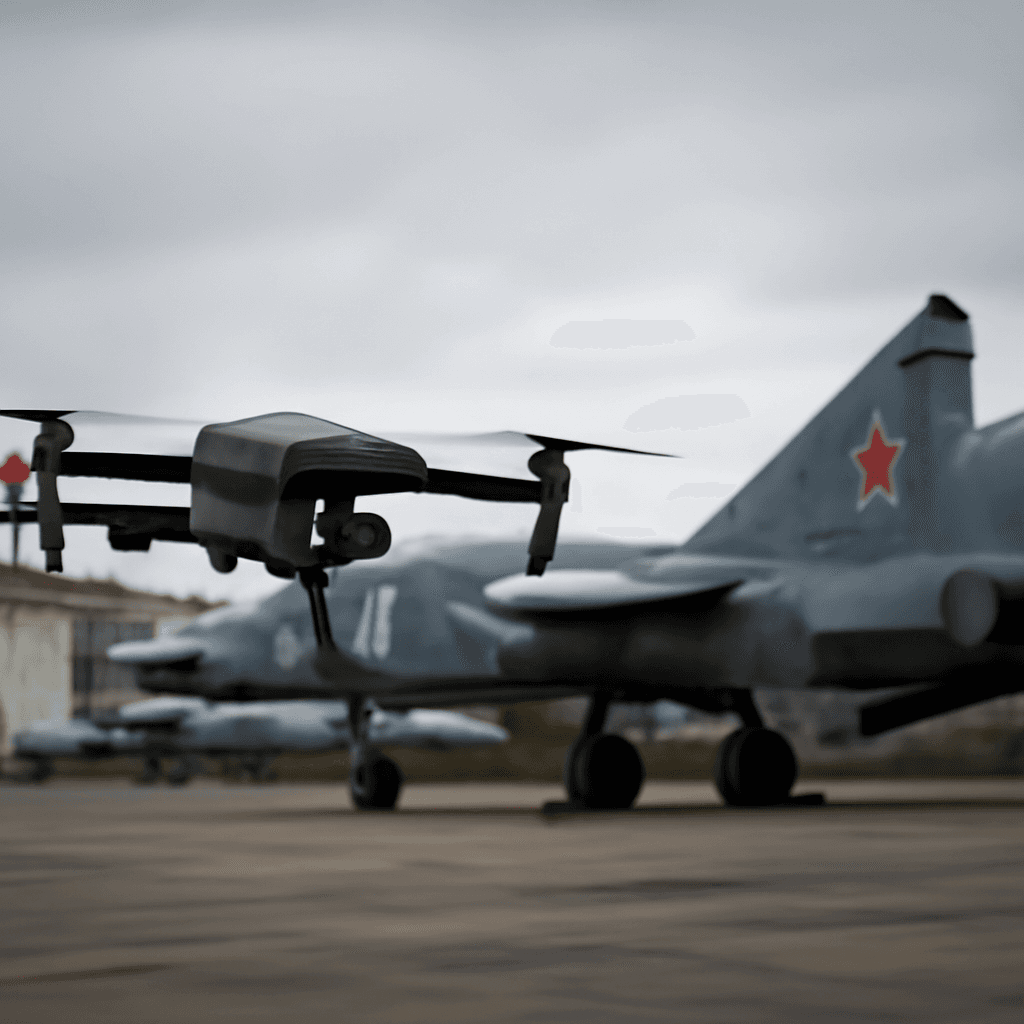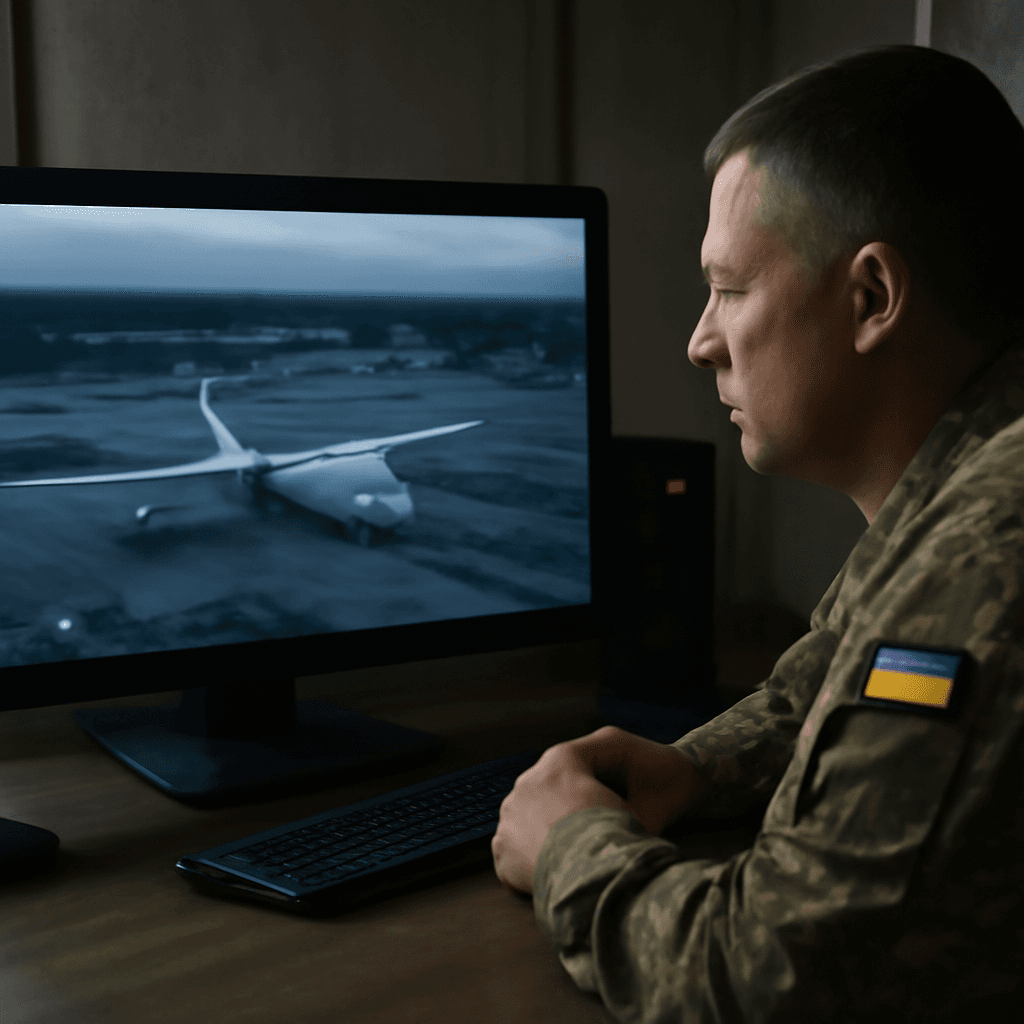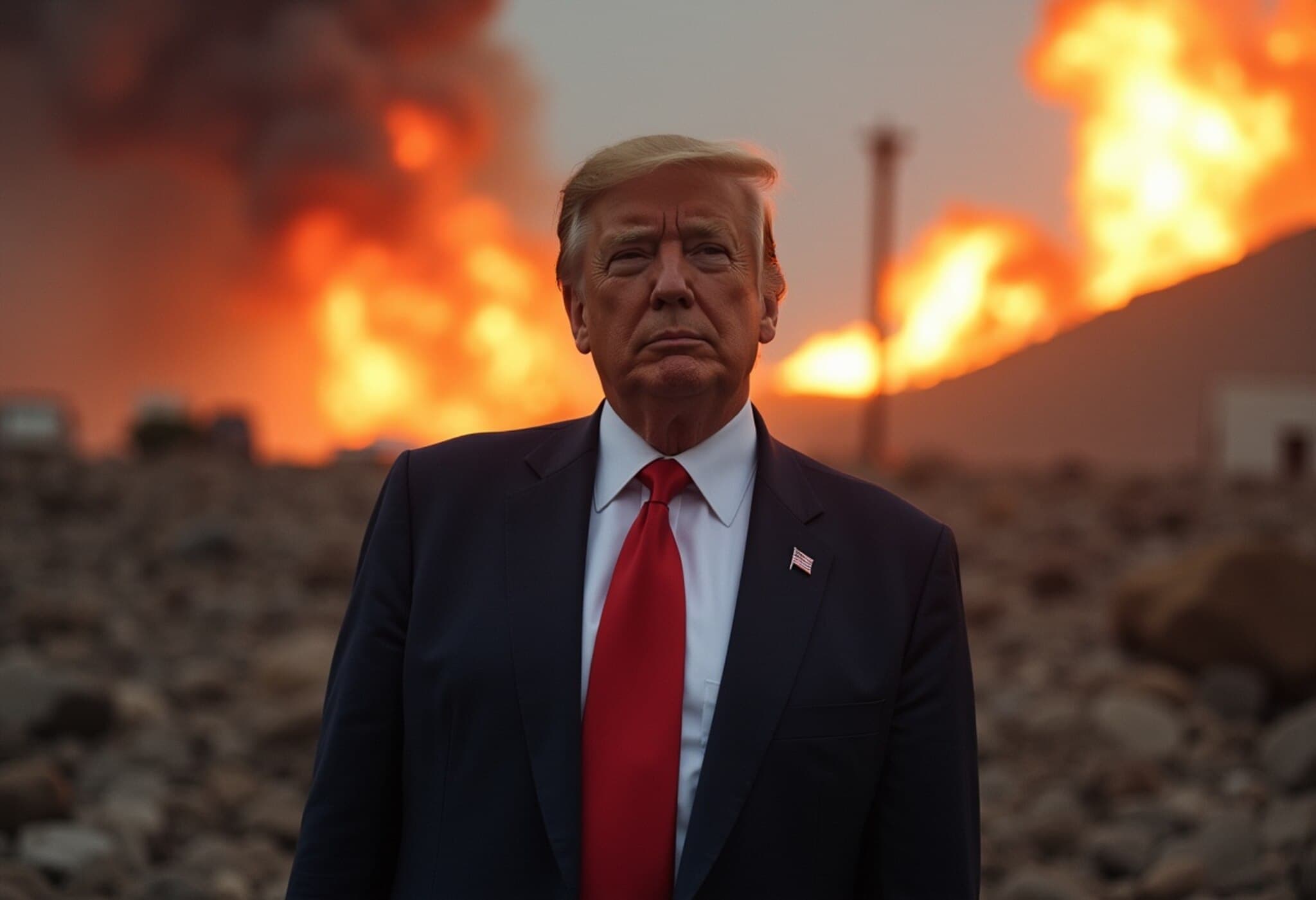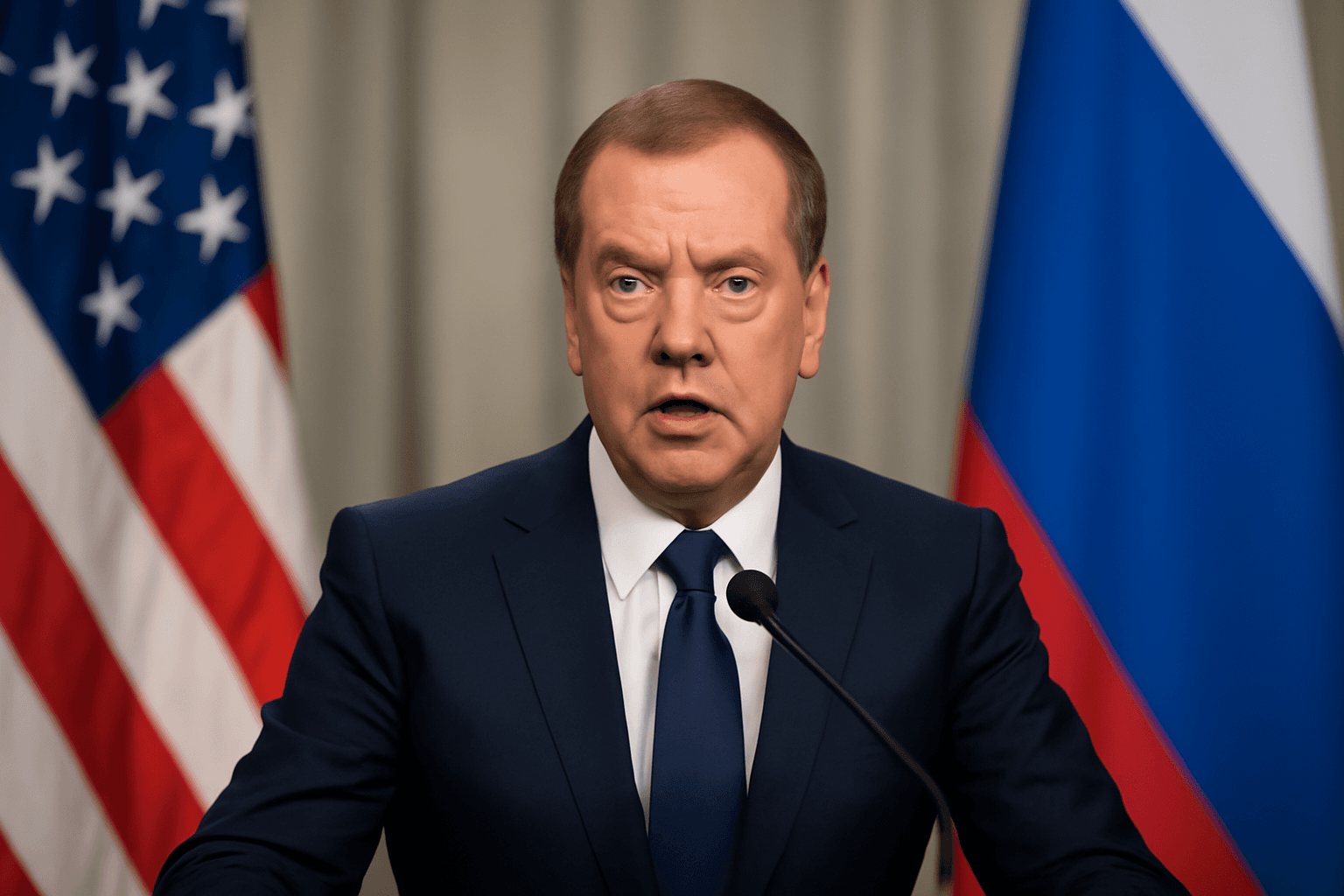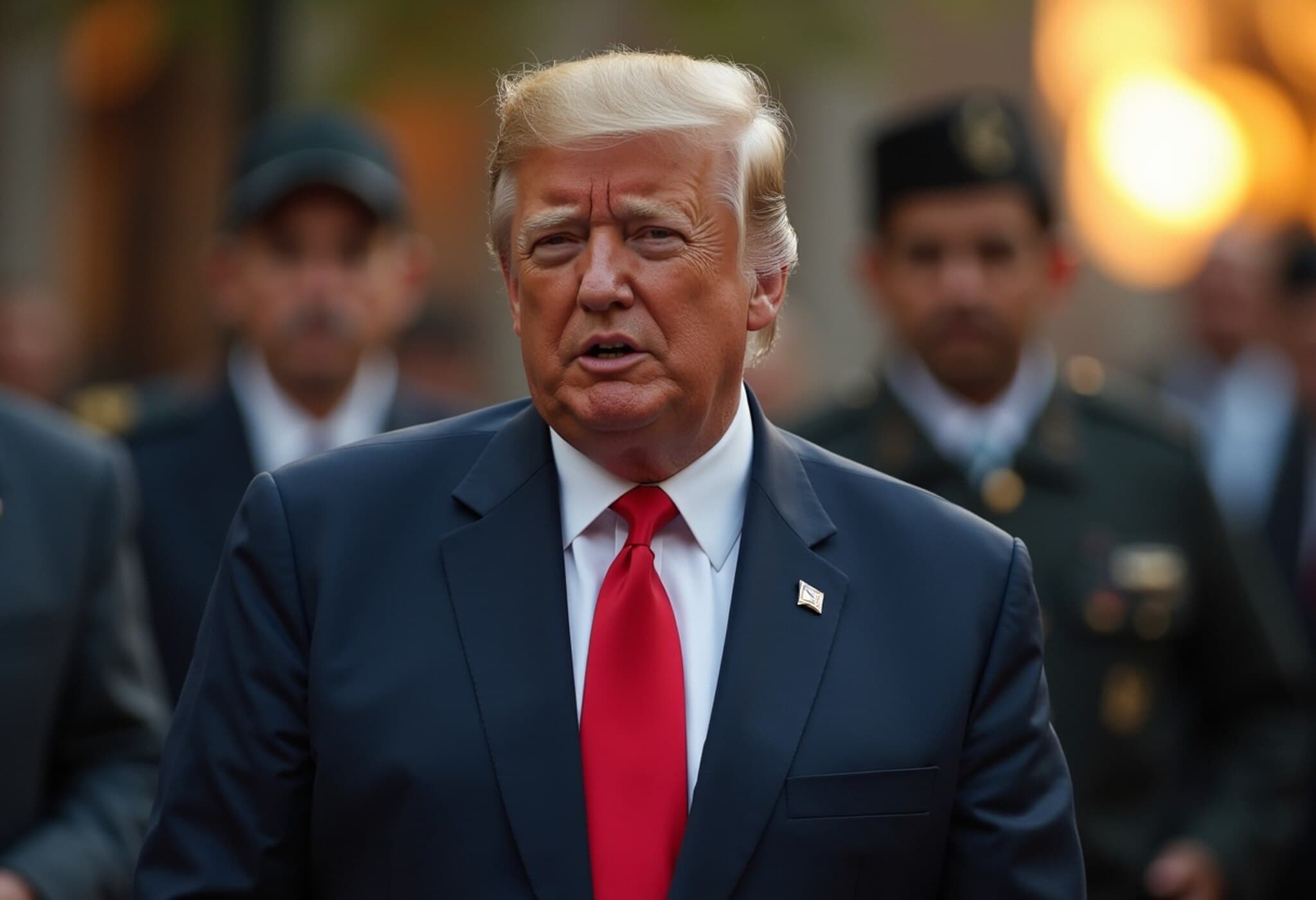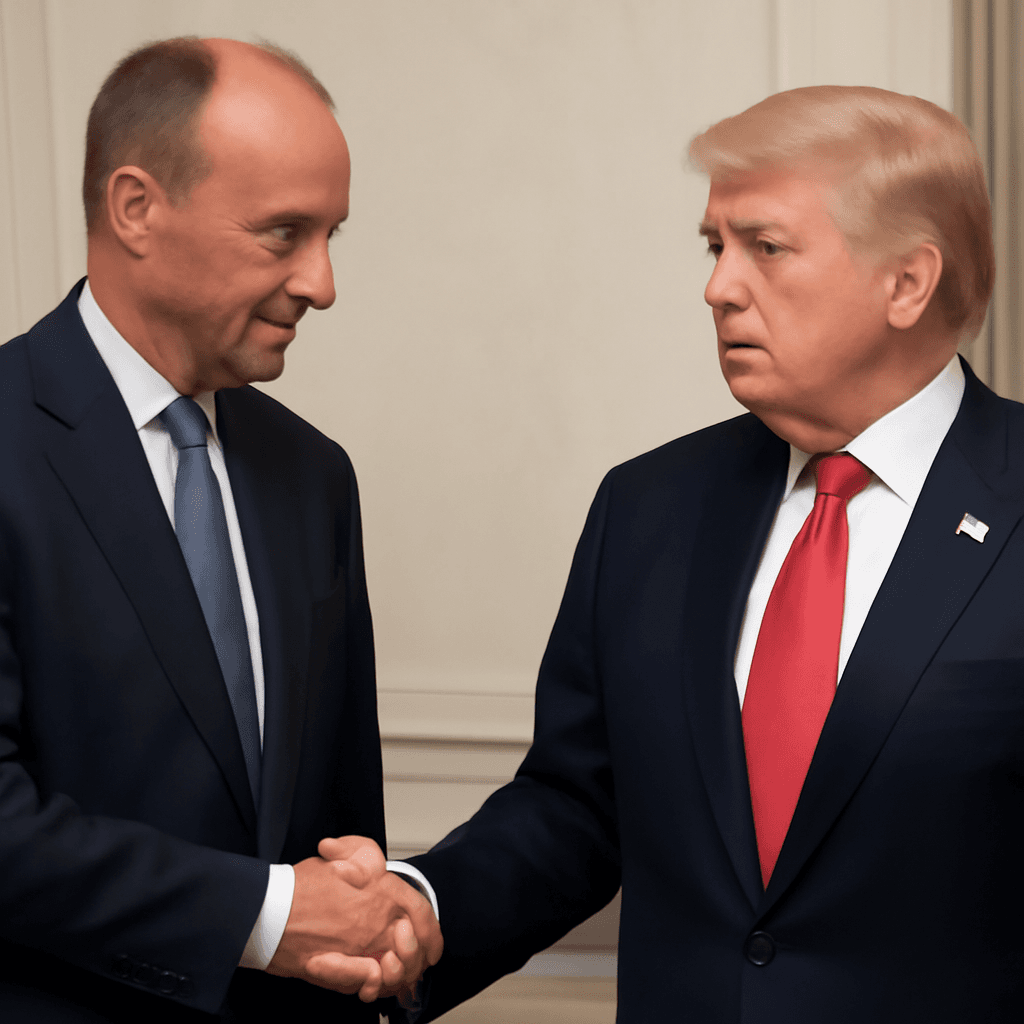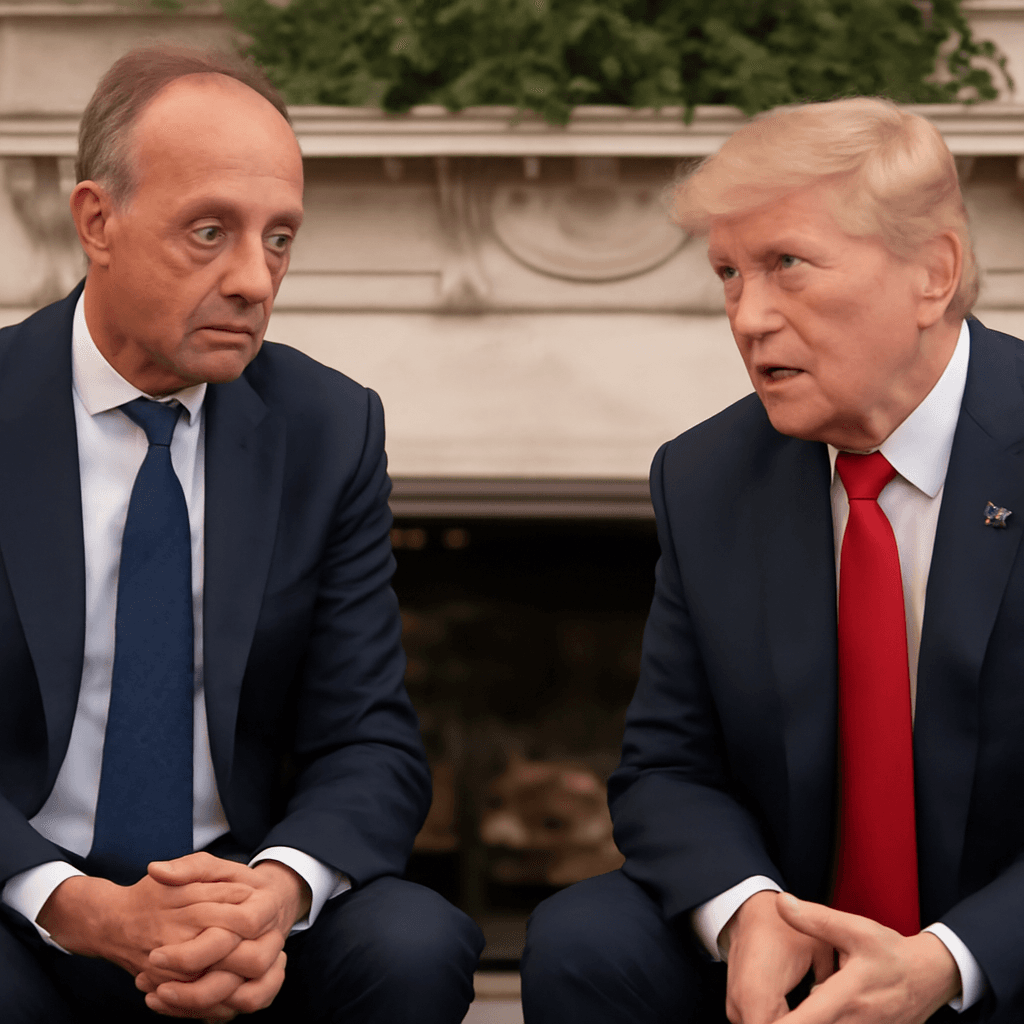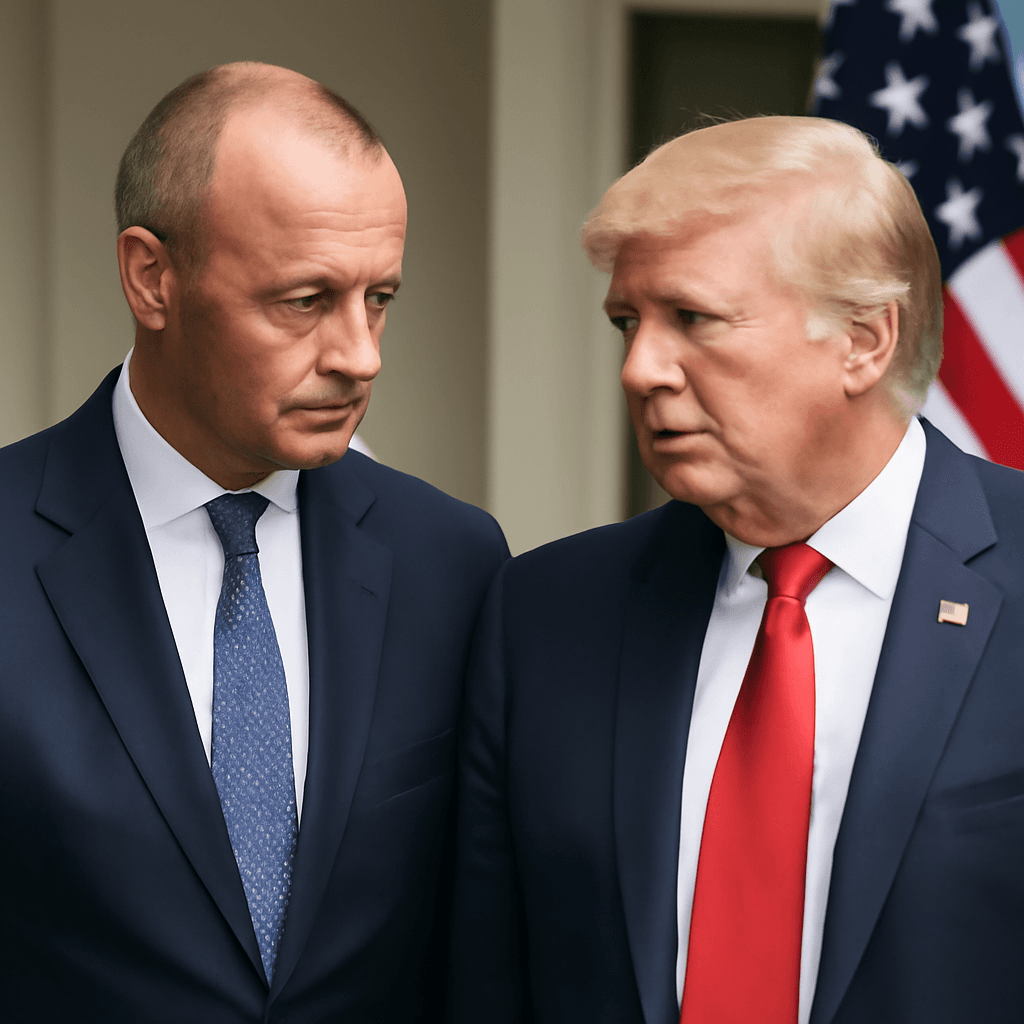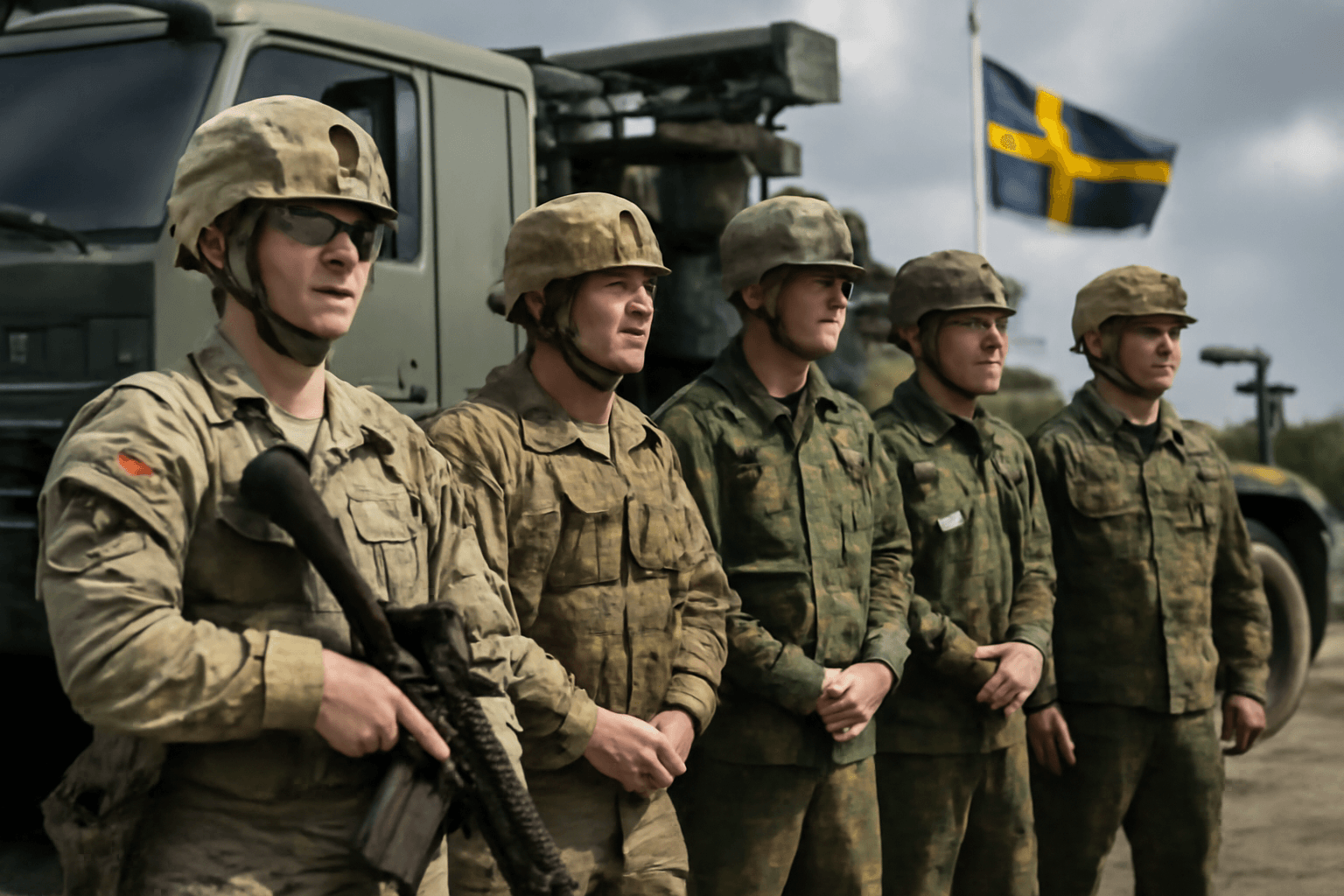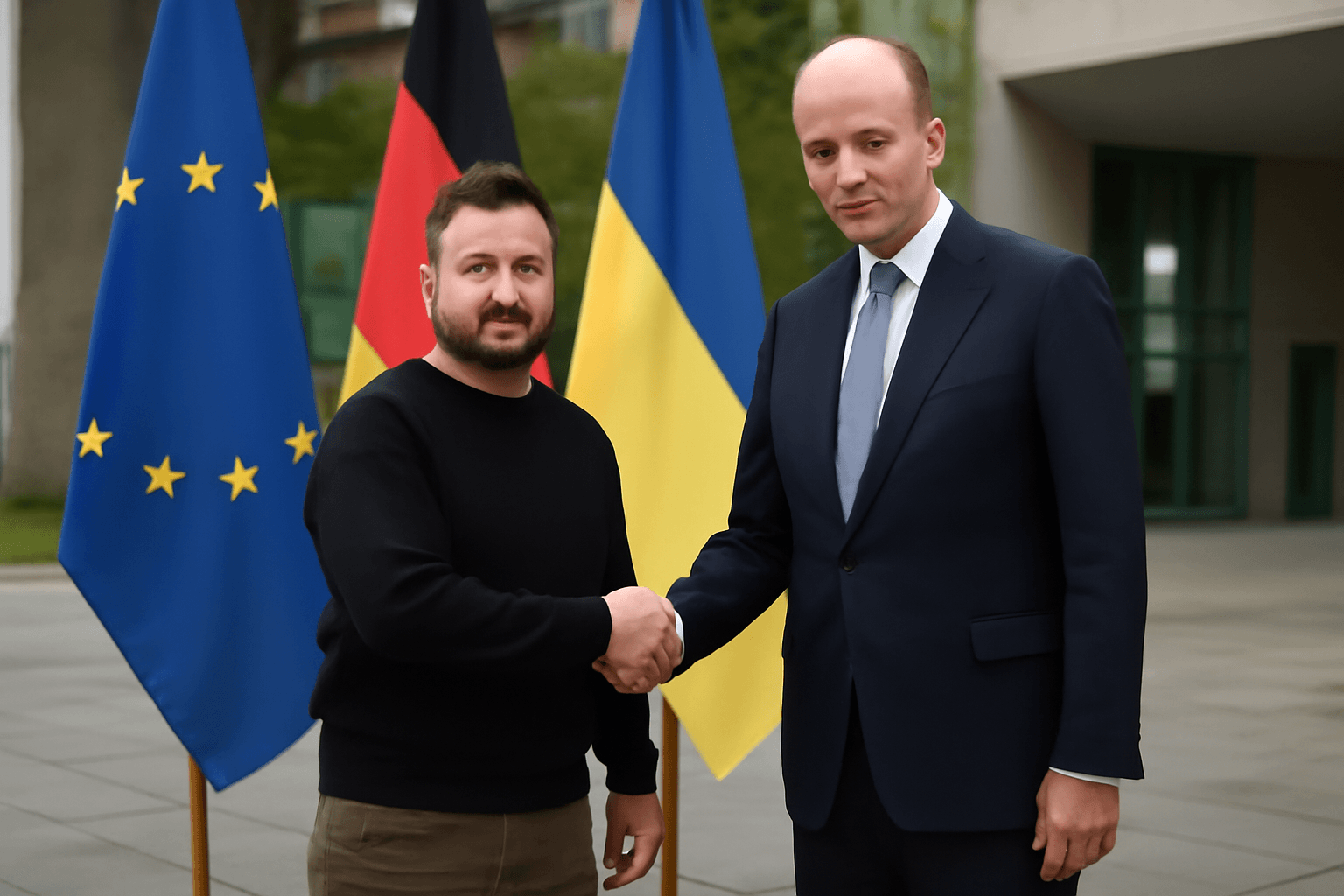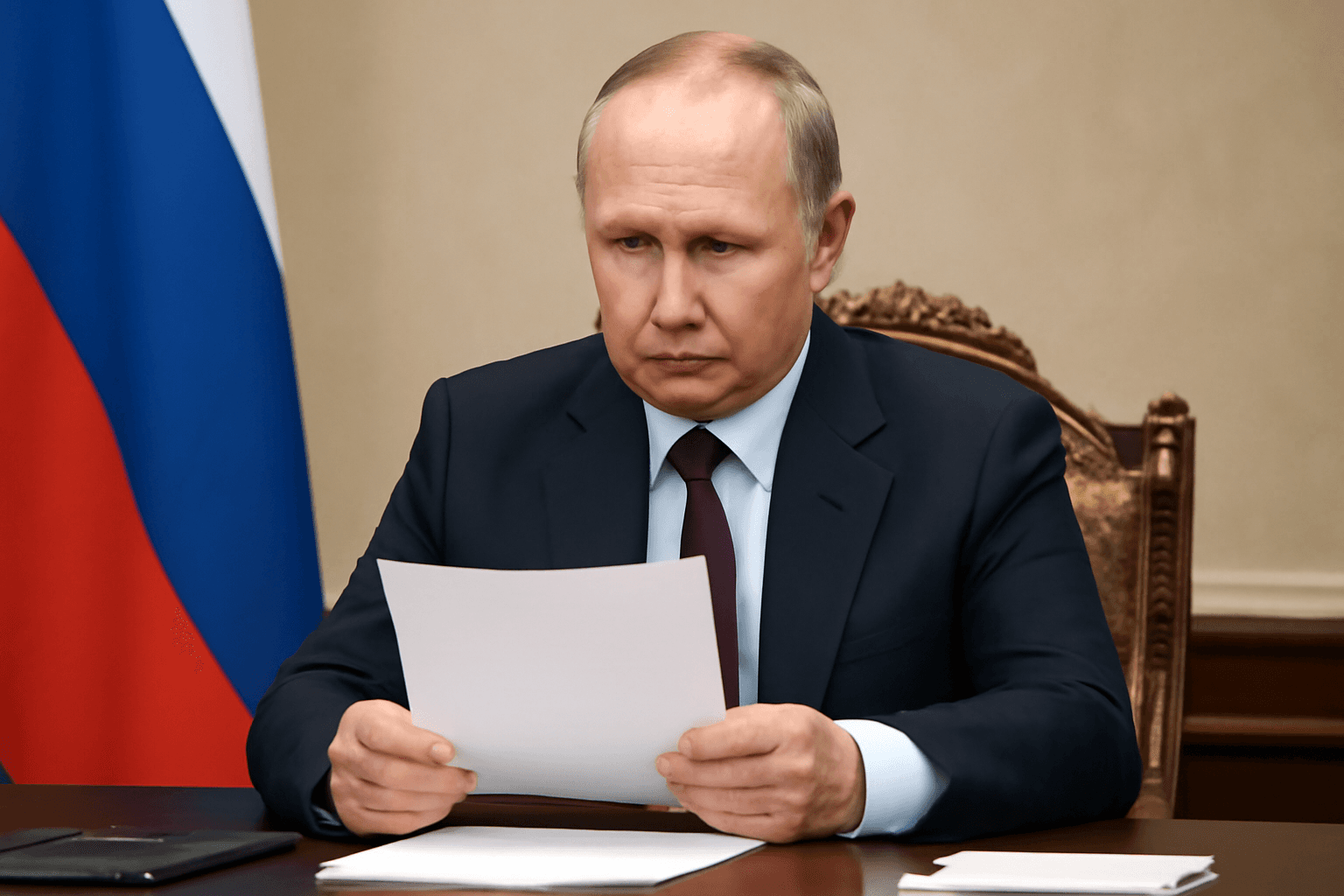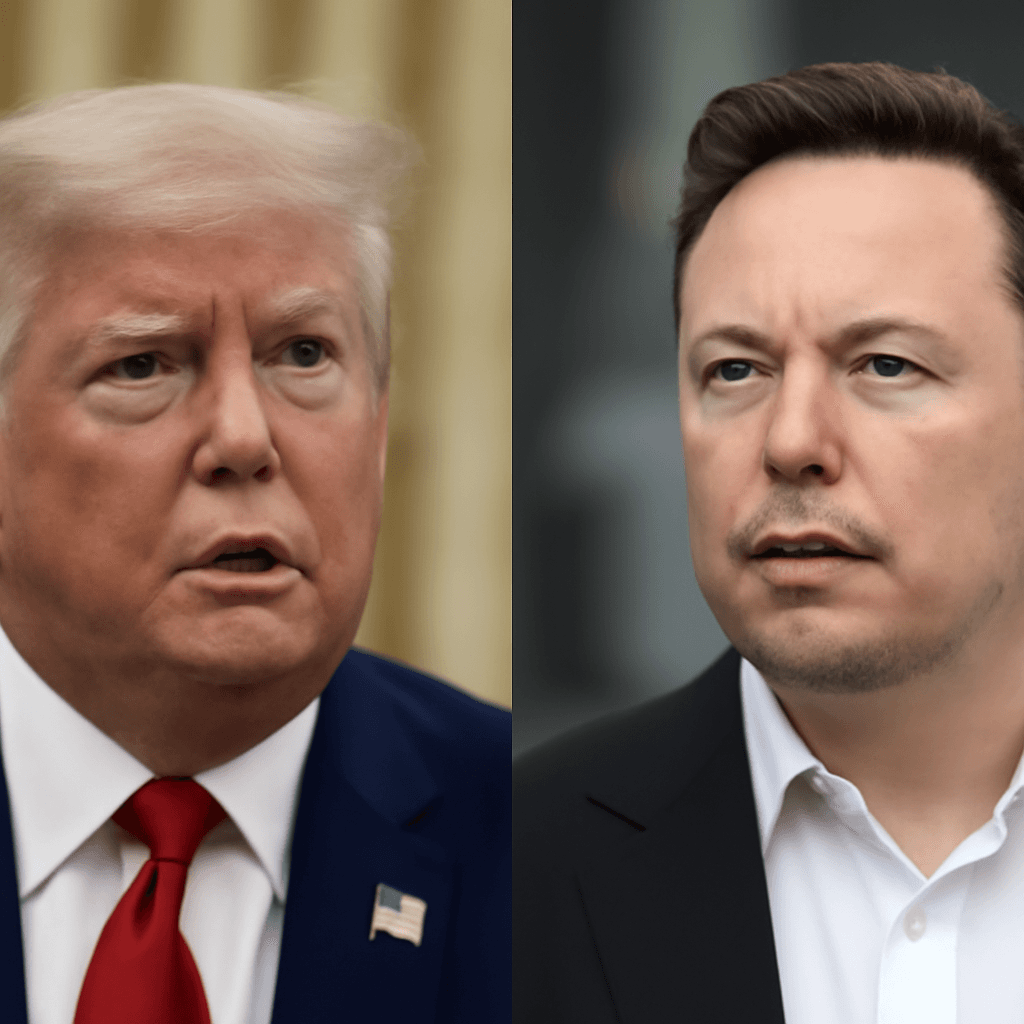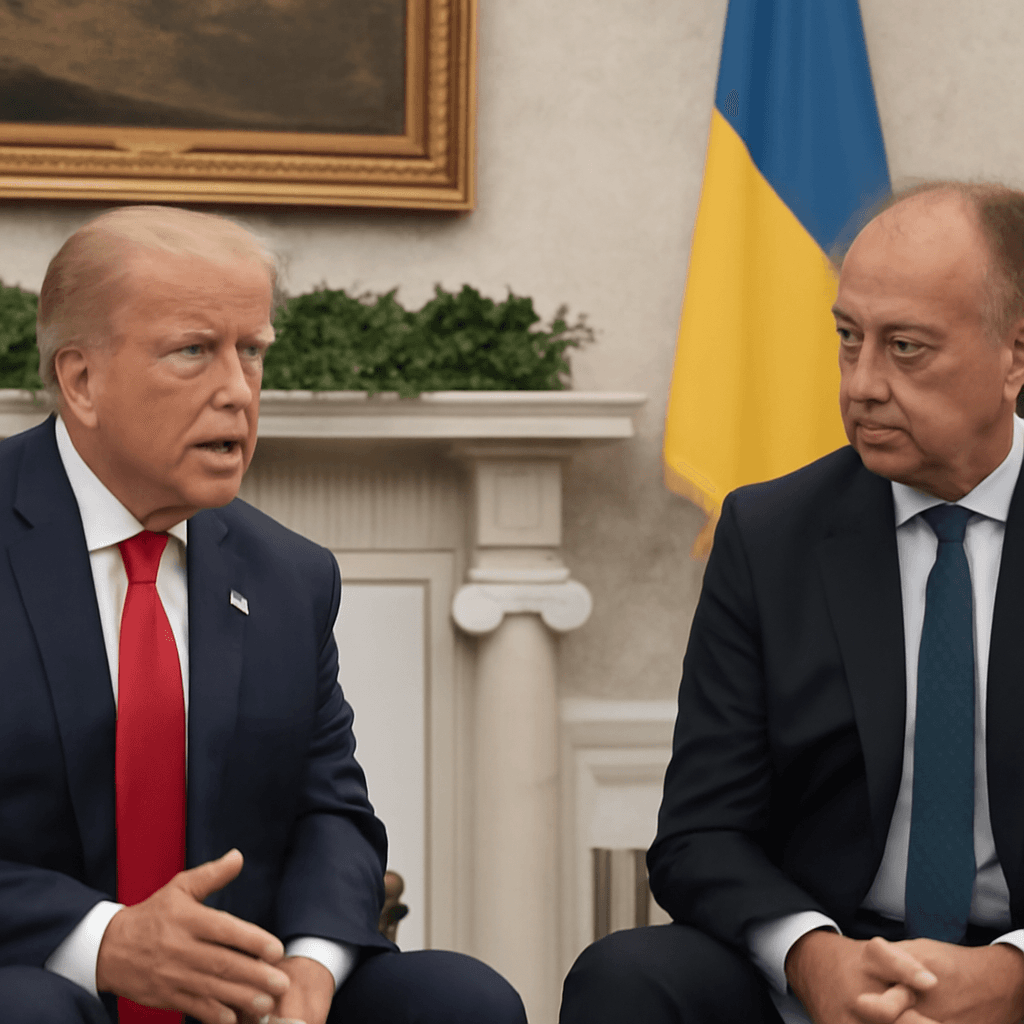Trump Advocates Temporary Military Engagement Between Ukraine and Russia
In a recent Oval Office meeting with German Chancellor Friedrich Merz, former U.S. President Donald Trump suggested it might be preferable to allow Ukraine and Russia to "fight for a while" before intervening to broker peace. Trump compared the conflict, sparked by Russia's invasion in early 2022, to a dispute between two hostile children, implying that a cooling-off period might ease tensions.
"Sometimes you're better off letting them fight for a while and then pulling them apart," Trump remarked during the discussion, adding he had shared this analogy in a phone call with Russian President Vladimir Putin the previous day.
German Chancellor Emphasizes Solidarity With Ukraine
Chancellor Merz, speaking alongside Trump, reiterated his and the German government's strong support for Ukraine. He underscored that Germany backs Ukraine's defense efforts, which focus exclusively on military targets rather than civilian populations in Russia.
Merz emphasized the importance of unity between European and American partners and highlighted Germany's commitment to strengthening Kyiv's military capabilities.
First In-Person Meeting Between Trump and Merz
This meeting marked the initial face-to-face interaction between the two leaders since Merz assumed office in May 2025. After exchanging gifts, including a gold-framed copy of Trump's grandfather’s birth certificate, they were scheduled to discuss key topics such as the conflict in Ukraine, transatlantic trade relations, and NATO defense spending.
According to German officials, the two have been cultivating a "decent" working relationship via multiple phone conversations, with Merz aiming to avoid previous strains seen between Trump and former German Chancellor Angela Merkel.
Discussion on Defense Spending and NATO Commitments
A White House spokesperson indicated that Trump would likely address Germany's defense spending, urging Berlin to increase its NATO contribution beyond the current 2% of GDP target. Trump has advocated for a potential increase to at least 5%, a demand consistent with his earlier criticisms of European allies.
Chancellor Merz reiterated Germany’s ongoing efforts to modernize its military through a special fund initiated by his predecessor. He affirmed plans to ensure sustained funding to develop the Bundeswehr into Europe’s strongest conventional force, endorsing a collective NATO goal of 3.5% GDP defense spending by 2032, with additional allocations for defense-related infrastructure.
Trade Relations and Economic Considerations
Trade remains a critical issue between the two countries. Germany holds a significant trade surplus with the United States, exporting roughly $160 billion in goods annually, including substantial automotive shipments worth $36 billion. Trump’s administration has imposed a 25% tariff on certain German auto imports aiming to encourage domestic manufacturing within the U.S., despite major German carmakers already operating American production plants.
Merz conveyed a preference for resolving trade disputes without tariffs, highlighting Germany’s status as one of the largest foreign investors in the United States.
Political Dynamics and Call for Unity
Beyond economic and military matters, the dialogue reflected underlying political tensions. Merz expressed reservations about American remarks critiquing German domestic political arrangements, notably regarding cooperation with far-right parties. He stressed mutual respect and sensitivity between the nations in such discussions.
Both leaders acknowledged the ongoing challenges posed by the war in Ukraine and emphasized the necessity of maintaining a strong transatlantic alliance to address global security and economic stability effectively.

